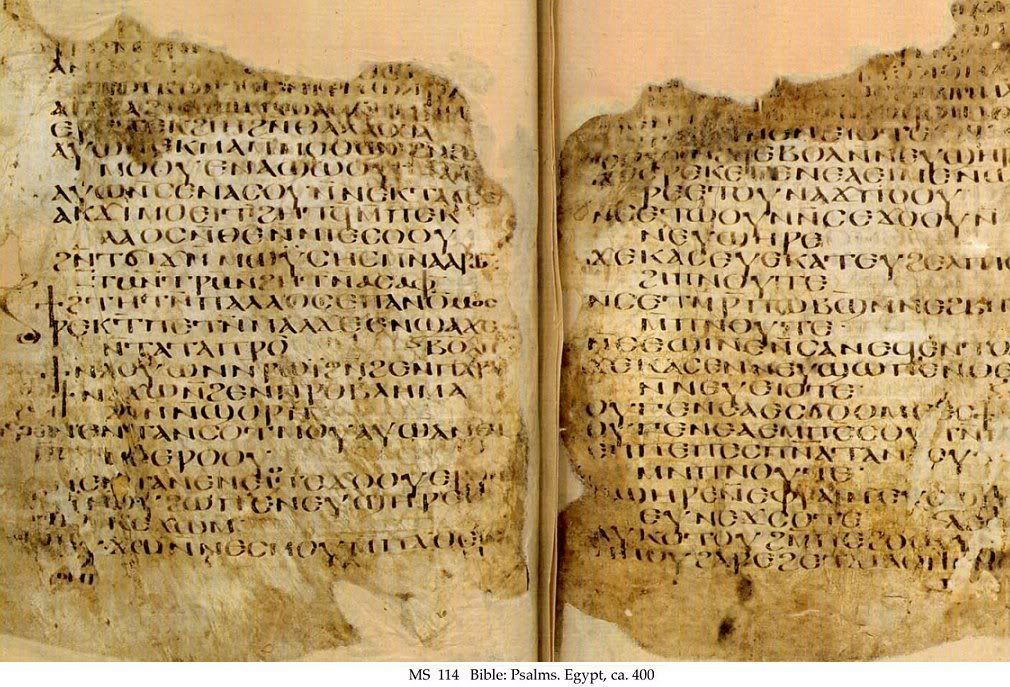
I don't know how I missed this --- Left Behind: Eternal Forces. Released in 2006, LBEF is a RTS videogame based on the popular Left Behind book series. The game takes place in an imagined post-raptured world, loosely based upon controversial interpretations of the book of Revelation. In order to win the single-player mode, you, the leader of the christian remnant, have to convert as many neutrals as possible through evangelism and prayer and kill those who are militantly opposed to your mission -- that is, opinionated non-believers (which makes them, of course, part of the Antichrist's World order). hm. RED FLAG. Initially backing the project were the folks at Rick Warren's Purpose Driven Life company, but even they realized the awfulness of the idea and pulled out. But, unsurprisingly, Focus on the Family stayed on the straight and narrow, giving the game high praise upon its release. I only wished I would have known about this game in its heyday --- then, I could have bought my little brother a copy....
Here's the game's two trailers and a game play clips:
Trailer 1
Trailer 2 (much funnier)
Clip (the units are so positive!)
and here's a CNN news clip covering its controversial release:
CNN Clip
Finally, if you're still curious, check out the Wikipedia article:
Eternal Forces Article
(I try not to rag to hard on Christian media, but sometimes its just too easy....Don't get me wrong, the game isn't any more depraved or harmful than most games sold, but it is also no more useful as a "truth-teaching" tool than, let's say, Starcraft or Age of Empires, which is, let's face it, the subliminal claim of these types of "Christian" media to which Christians are often blind)





